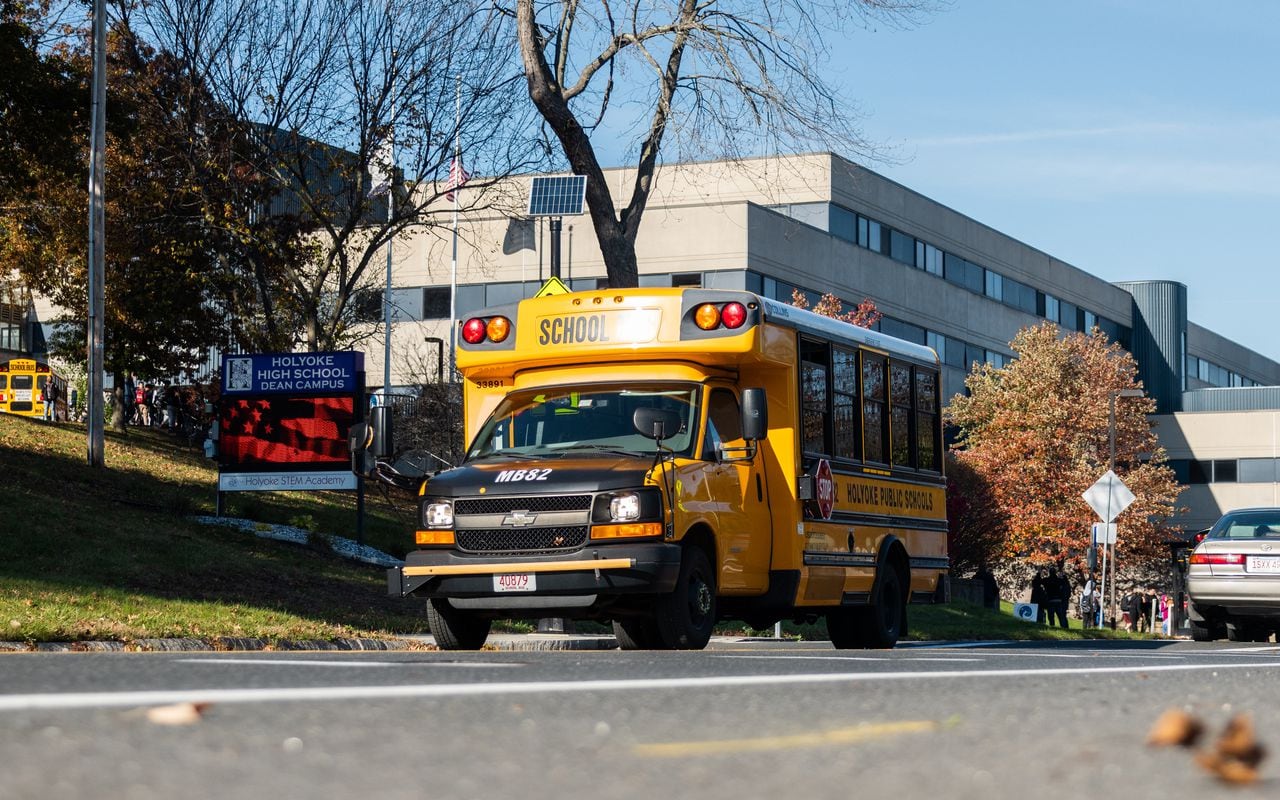
HOLYOKE — Saying the Holyoke schools have made many improvements in eight years and have the tools to make more, the school receiver urged state officials to return control of the classrooms to the city.
The letter sent to Commissioner Jeffrey Riley the day before schools broke for Christmas vacation supported a Holyoke School Committee petition submitted to the state Department of Elementary and Secondary Education in mid-September pushing for an end to eight years of state receivership.
“I recommend that the Massachusetts Department of Elementary and Secondary Education begin the transition to exit receivership in a careful and highly-planned manner,” Anthony Soto said in writing.
At the same time, he acknowledged Holyoke educators continue to face challenges including test stores that fall well below statewide averages.
State officials confirmed they had received Soto’s letter in response to the petition by the Holyoke School Committee and its chairman Mayor Joshua A. Garcia. Riley was not available for comment.
“As required by state statue and regulations, the commissioner has four months from the receipt of the petition to issue a response,” said Helene Bettencourt, associate commissioner of communication and planning for the department.
The city is not the only one that has pushed for receivership to end. The Lawrence Public Schools and Southbridge schools, which have been operating under state control for 12 and seven years respectively, have also attempted to regain autonomy of their schools with little success.
Soto is on vacation and could not be reached for comment yesterday.
He has served as the state-appointed receiver of the city’s nearly 5,000 students and 450 teachers since 2021. If the School Committee is successful in its bid to regain control of the system it will be up to the members to decide if they should select a new superintendent or keep Soto at the helm of the school system.
“I am proud of the collective work that Holyoke students, teachers, staff and families have done together and I am excited to closely partner with the School Committee to ensure a highly-successful transition to local control,” Soto said in the letter to Riley.
He cited the work teachers have done to increase the graduation rate, align the curriculum to meet Massachusetts standards, expand preschool and boost the Spanish and English dual-language program
The letter also discusses the behind-the-scenes work done to improve the schools by modernizing data systems and creating systematic supports for educators so they can “Implement strong instructional practices.”
His letter also said the transition to local control has to be done thoughtfully and with the state working with the School Committee to limit concerns and disruption for local families.
“Just as the transition from local control to receivership created uncertainty and change, the transition to local control will also create uncertainty for some and may result in significant change,” Soto said.
If the state agrees to transition to local control, Soto said the School Committee will need to have a training plan for members, focus on learning more about union contracts with staff, use the state’s guide for creating effective policies and practices and work with the superintendent and community to make further improvements.
Soto also acknowledged that there are many challenges Holyoke students continue to face.
Students continue to score lower than their higher-income peers statewide on the Massachusetts Comprehensive Assessment Systems exam. In this school year, 85% of students are low-income, which is double than the 42% low-income rate statewide. In addition, 30% of students have learning disabilities while 20% of students statewide do.
“As we return to local control the School Committee will have to address these needs in partnership with the superintendent and district (and) school leaders. This work is underway in Holyoke now and I am striving to work with the School Committee to help them better understand and champion current improvement efforts,” he said in the letter.
Some of the challenges include improving MCAS scores, which are well below state average. In the scores released this fall, 9% of children in grades three to eight met or exceeded expectations on the English exam while 42% did statewide. Math scores are lower and all students showed “low growth” in both subject areas.
There are also continued problems with chronic absenteeism, difficulty recruiting and retaining educators and sizable learning gaps between students who do not speak English well or are disabled and their peers who are not in the categories, he said.





